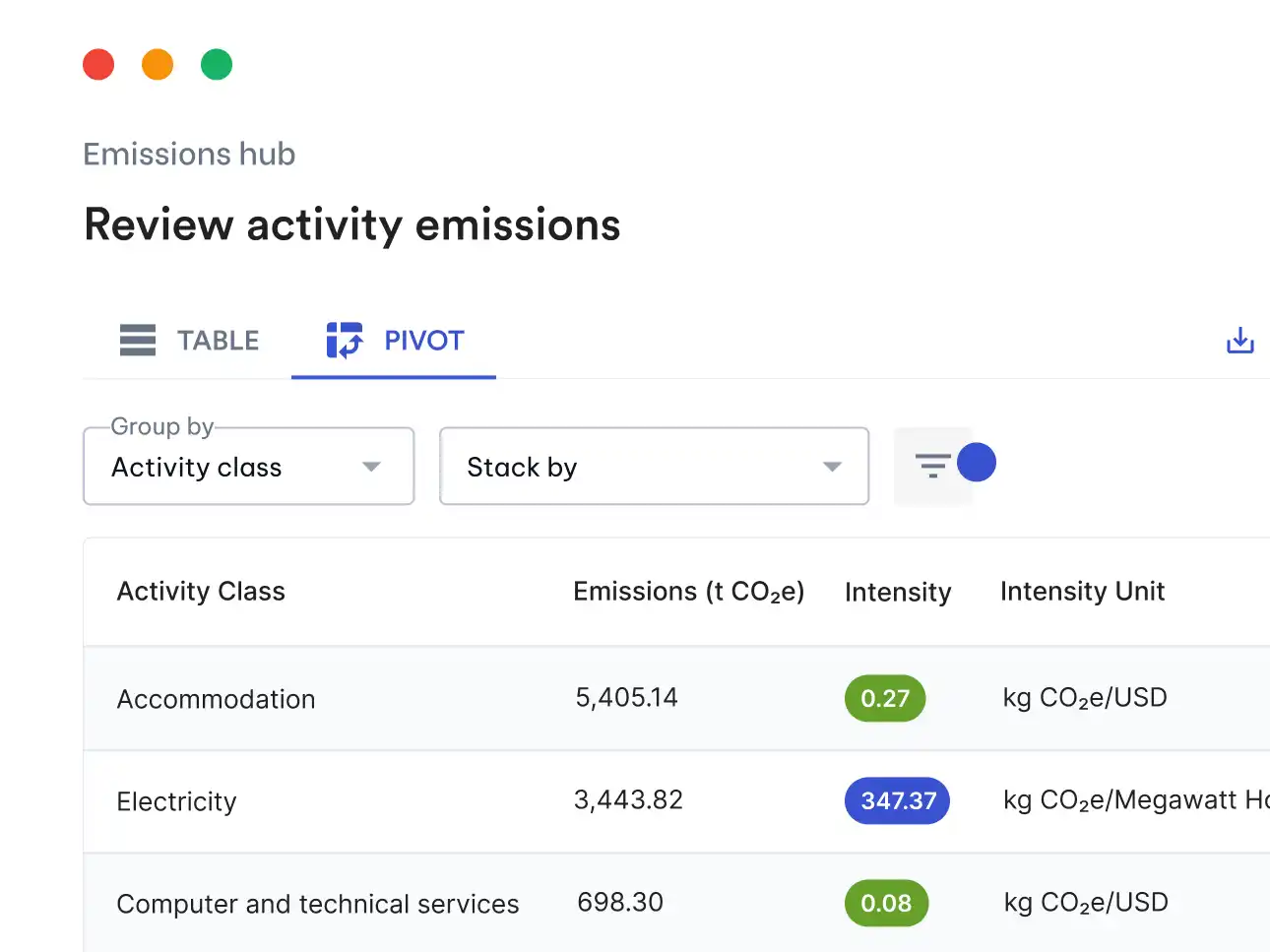Avarni is incredibly lucky to have veteran climate scientist, Michael Molitor, on our team as a Senior Carbon Advisor. A member of the company since its foundation in 2021, Michael brings over 30 years of industry experience working closely with global corporations and leading researchers to develop climate solutions. There are fewer more well-versed in the analysis of supply chain emissions than Michael.
We recently sat down with Michael over a coffee to learn more about his extensive background as a climate scientist, get his thoughts on what the future holds for emissions reporting, and what’s to come at Avarni.
Read on to learn more.
Can you tell us a bit about your career?
I started off in academics at The London School of Economics before completing my PhD at Cambridge University and then a postdoctoral fellowship at Harvard. From here, my career has spanned many different industries and roles. I previously held positions in the Climate Research Division at the Scripps Institution of Oceanography, was a member of the Climate Change team at BP, a Global Leader of Climate Change Services at PwC, Senior Advisor on Climate Change at McKinsey, and am also the co-founder of Emmi.io, a digital solution helping organisations translate their carbon footprint into financial liability numbers.
Why do businesses and regulators need to pay attention to Scope 3 emissions?
You only need to look back ten years ago to see that we’ve made considerable progress in our understanding and analysis of emissions, particularly Scope 1 and 2. But Scope 3 emissions, which account for almost 80 per cent of a company's carbon footprint, are largely misunderstood, under analysed and unaddressed. A huge amount of unpriced carbon risk sits in Scope 3 emissions across the globe. Australia’s own ASX 200 currently has $300 billion in unpriced carbon risk sitting in its own market.
Banks, superannuation funds and investment firms are under increasing scrutiny for their lending processes, yet while they must disclose their carbon emissions there are no requirements to disclose their carbon risk. It’s only a matter of time before we see a shift in thinking around carbon risk currently held by investors translate to asset managers, banks and super funds, which will be required to stress test the climate policies of potential investments. This shift will help generate change at a policy level, with the need to address the large volume of emissions data going unreported each year.

What excites you most about the technology-based solution Avarni applies?
What excites me most about Avarni’s solution, is its unique approach through its AI-backed platform. This is an Aussie company that has made huge strides globally and was originally started by three tech-savvy entrepreneurs in their twenties who recognised that most of the unpriced carbon risk lives in supply chains. Recognising this gap and the $54 trillion in unpriced climate risk across global capital markets, the Avarni co-founding team developed a cutting-edge AI solution to make strides to address this issue. I’m looking forward to continuing to help the team make steps forward to address the biggest source of systemic risk in capital markets history.
What are your top priorities as Avarni’s Senior Carbon Advisor?
My job is to use my industry experience and expertise to help drive the growth of the team and inform Avarni’s strategic direction. I believe that Avarni’s strength lies in its ability to deliver strong and robust data of a company's entire emissions footprint, and the fact that it's happening with AI is incredibly exciting. This advanced data analysis and insights spread across industries and supply chains.
My main priority is to ensure Avarni’s carbon data remains as robust and granular as possible whilst continuing to advance by pushing the boundaries of technology. I’ll continue working with the team on Avarni’s core asset, the ability to ingest large volumes of complex data which can then be analysed and broken down at speed across industries. The volume of data Avarni has on hand is astounding, capable of delivering insights beyond carbon exposure and supply chains. The platform's ability to ingest and organise data before teasing out advanced insights means this process is not only applied to climate and Scope 3 emissions but other critical challenges coming to the fore.
What developments are you witnessing that give you hope in reducing global carbon emissions?
I believe that, and this is something the Avarni team references frequently, companies cannot reduce their emissions if they don’t have complete visibility into the entire scale of their carbon footprint from the get-go. Overall, we’re seeing a shift across the globe with governments and the corporate sector taking a more proactive approach to address value chain emissions spanning Scope 1, 2 and 3. Hong Kong recently announced preparations to establish regulations requiring all listed companies to make new climate-related disclosures in their ESG reports, specifically Scope 3, and we’ve seen nations across Europe champion Scope 3 emissions policy. This movement is gaining traction in Australia as the economy slowly decarbonises and
The Australian Securities and Investments Commission (ASIC) commences work ‘stress testing’ superannuation funds to address Scope 3 risk. These changes will continue to build momentum which is an exciting step forward in Australia’s decarbonisation journey and also adds to the need for advanced technology that supports companies.





